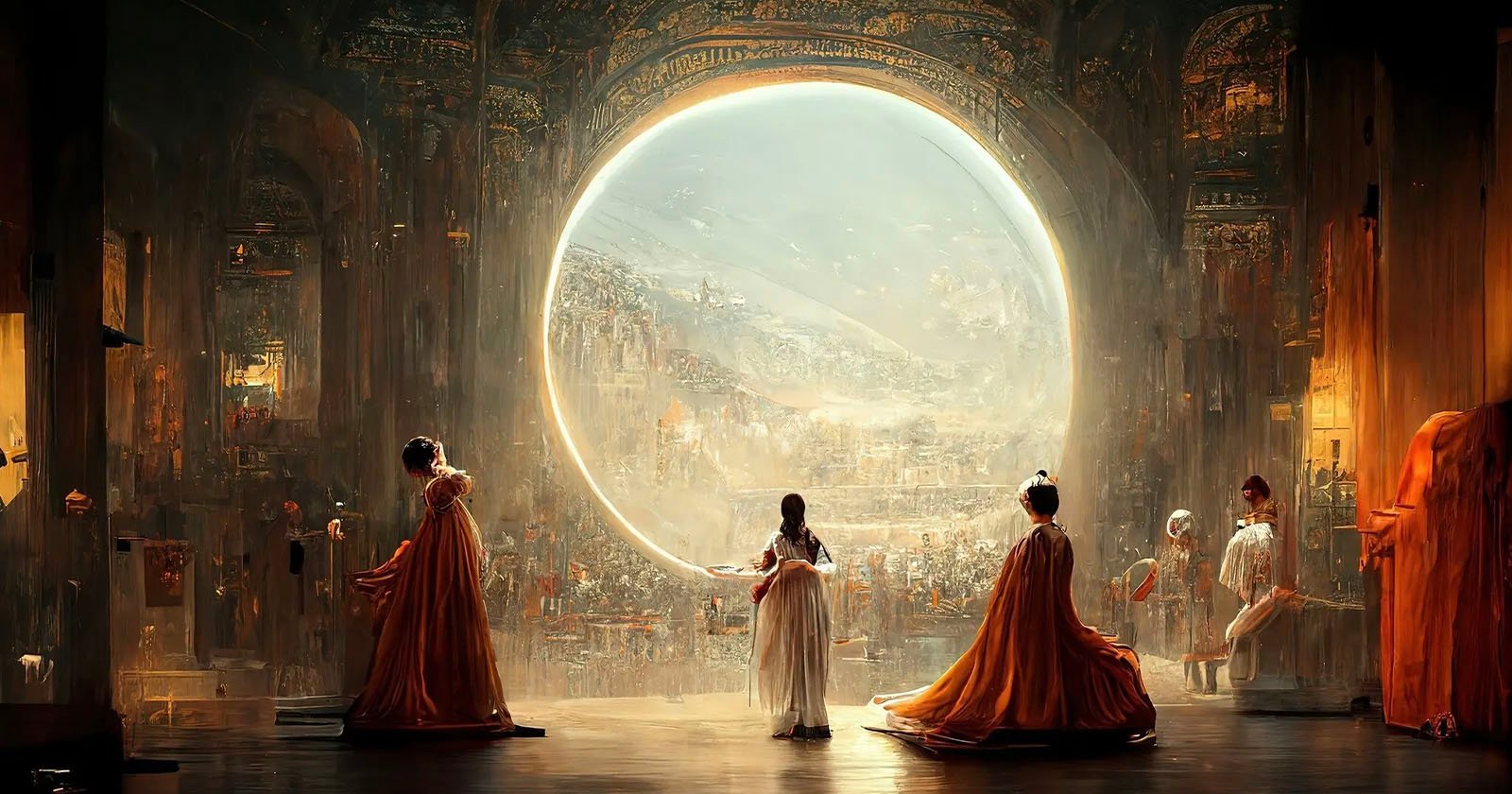An artist who infamously duped an art contest with an AI image is suing the U.S. Copyright Office over its refusal to register the image’s copyright.
In the lawsuit, Jason M. Allen asks a Colorado federal court to reverse the Copyright Office’s decision on his artwork Theatre D’opera Spatialbecause it was an expression of his creativity.
Reuters says the Copyright Office refused to comment on the case while Allen in a statement complains that the office’s decision “put me in a terrible position, with no recourse against others who are blatantly and repeatedly stealing my work.”



You directly control every pixel on your paintbrush, whether you want to or not. Who else controls it? It can only move when your mouse moves, which can only move when you cause your hand to move.
In contrast, you have some control over MidJourney output, but not direct control. Something could appear in the output that you did not cause.
I meant a physical paintbrush, not a digital one. A physical one is effected by many outside forces I have no control over. As far as a digital brush, you are correct, I can control exactly where it goes. If we are going to argue the merits of digital and analogue art and whether one has more value than the other, I think I’ll bow out, because even I’m not brave enough to find a soapbox to stand on in that one.
But that would be controlled by something, likely something that has been programmed into it. In dealing with computers, the concept of “random” isn’t real. Everything is deterministic. Whether I am the one that forced the output, or it was something that was programmed, it is not the intent of the program, because the program has no intent.
To the extent that you do not control a physical paintbrush, you lose your claim to copyright.
If you left a wet brush on a piece of paper and came back the next day to find the wind had blown it across the paper leaving a paint streak, that paint streak could not be copyrighted. You fully relinquished control of the brush to the wind.
Arguably the same is true of the wind. So to claim copyright, you cannot relinquish control to an inanimate object. Not to the wind, not to an AI.
I wouldn’t claim to have created that. I didn’t exert my intent. However, if my intent were to show the art of the natural world by allowing the wind to paint on a canvas, that would qualify as art, and could be copyrighted.
You can, if it is your intent. I just finished arguing this point on another part of this thread, but Jackson Pollock and Damien Hirst are two examples of this. They both relinquish their tools to “randomness” and have had their works copyrighted. Control doesn’t matter. Intent matters.